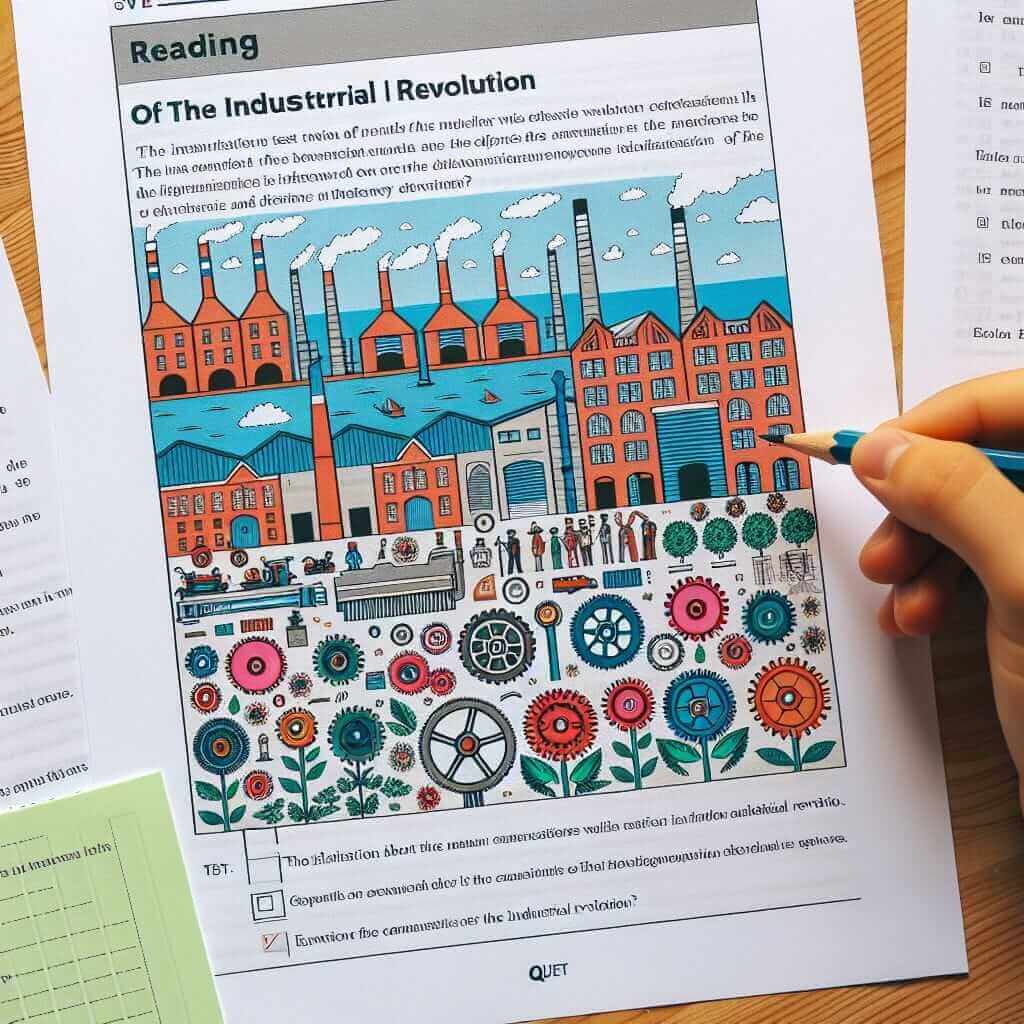One of the biggest challenges IELTS test-takers face is time management, especially in the Reading section. You’re faced with three long passages and 40 questions, all to be completed in 60 minutes. It’s no wonder that many candidates ask, “How long does it take to read IELTS passages?” The truth is, there’s no one-size-fits-all answer. However, understanding the test structure, passage types, and efficient reading techniques can significantly improve your reading speed and overall performance.
Understanding the IELTS Reading Test
The IELTS Reading test assesses your ability to understand complex texts, identify key information, and follow arguments. It consists of:
- Three passages: These are taken from books, magazines, journals, and newspapers. The topics are diverse, ranging from science and technology to history and culture.
- 40 Questions: These questions test a range of skills, including skimming, scanning, identifying main ideas, understanding details, and interpreting writers’ opinions.
Factors Affecting Reading Time
Several factors influence how long it takes to read IELTS passages:
- Passage Length: Passages vary in length, typically ranging from 700 to 900 words. Longer passages naturally take longer to read.
- Passage Difficulty: Some passages are more challenging than others, with complex vocabulary, sentence structures, and arguments.
- Question Types: Some questions require you to understand the entire passage, while others focus on specific details.
- Reading Skills: Your overall reading comprehension skills, including your vocabulary, grammar, and ability to identify key information, significantly impact your reading speed.
Strategies for Efficient Reading
Here are some strategies to help you read IELTS passages efficiently:
1. Skim for the Gist
Start by skimming the passage to get a general understanding of the topic, main ideas, and overall structure. Pay attention to headings, subheadings, and the first and last sentences of each paragraph.
2. Scan for Specific Information
Once you’ve skimmed the passage, use scanning techniques to locate specific information needed to answer questions. Look for keywords related to the question.
3. Focus on Key Information
Don’t try to understand every single word. Focus on identifying and understanding the main ideas, supporting details, and the author’s purpose.
4. Practice Active Reading
Engage with the text by highlighting keywords, underlining important sentences, and taking brief notes in the margins. This will help you stay focused and retain information.

Example from IELTS Reading
Let’s look at an example:
Passage Excerpt:
“The Industrial Revolution marked a period of unprecedented technological advancement in human history. Beginning in Great Britain in the late 18th century, it witnessed the transition from hand production methods to machines, new chemical manufacturing processes, and the rise of iron and textile industries.”
Question:
What was the main characteristic of the Industrial Revolution?
Answer:
By skimming the passage, you can quickly identify the answer: unprecedented technological advancement.
Tips for Managing Time in the IELTS Reading Test
- Practice Regularly: Regularly practicing with IELTS reading materials will familiarize you with the test format and help you improve your reading speed and comprehension.
- Allocate Time Wisely: Aim to spend around 20 minutes per passage, including reading and answering the questions.
- Don’t Get Bogged Down: If you’re struggling with a particular question or passage, move on and return to it later if you have time.
Conclusion
While the time it takes to read IELTS passages varies, understanding the test format, employing effective reading strategies, and managing your time wisely can significantly enhance your performance. Remember, practice makes perfect. The more you practice, the more confident and efficient you will become in tackling the IELTS Reading test.